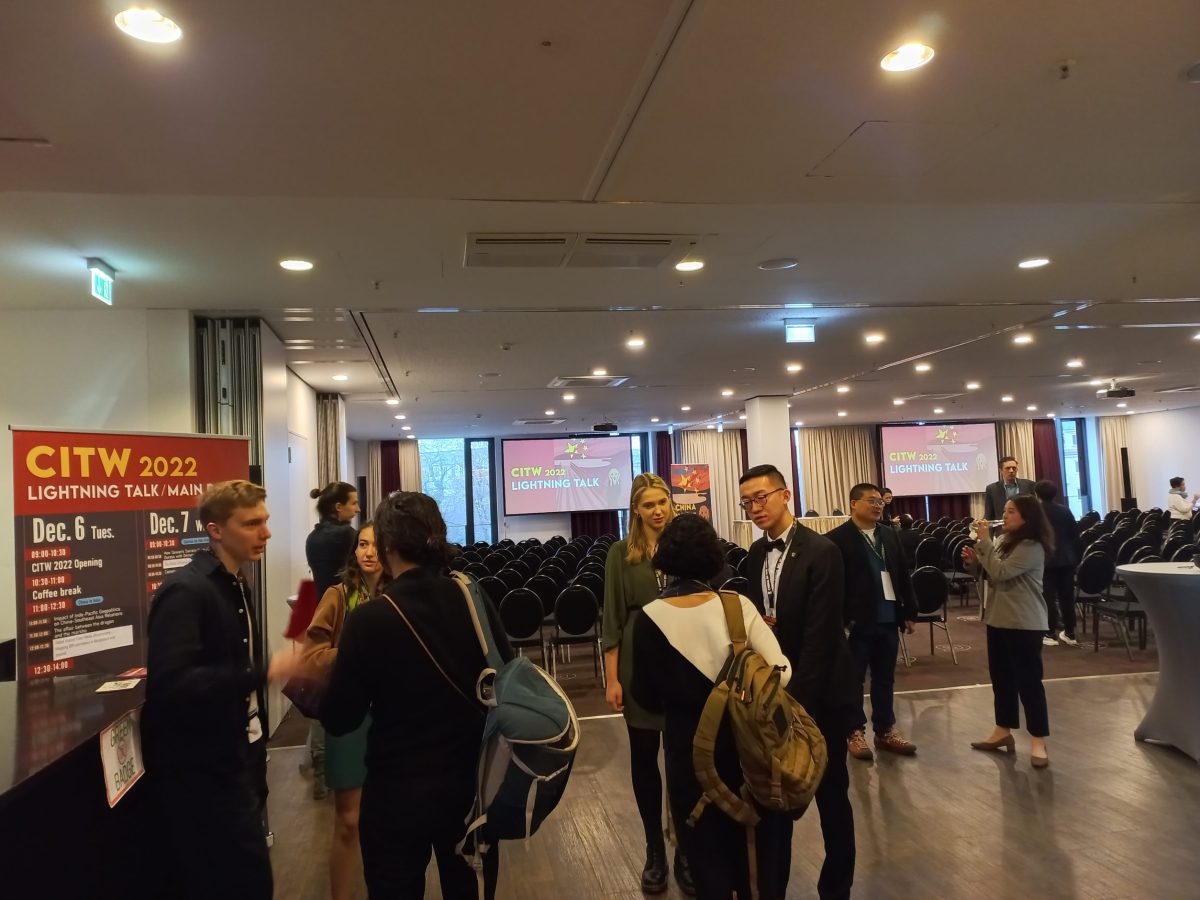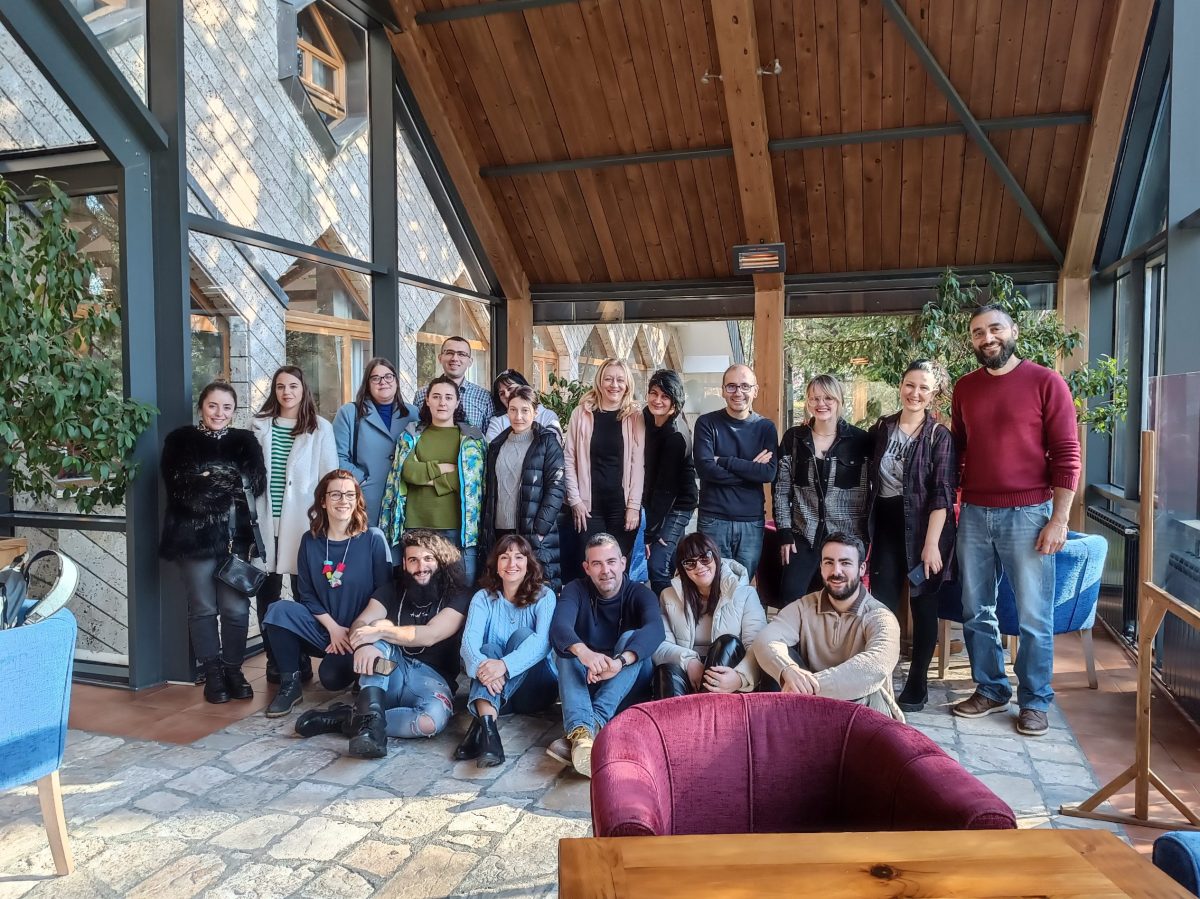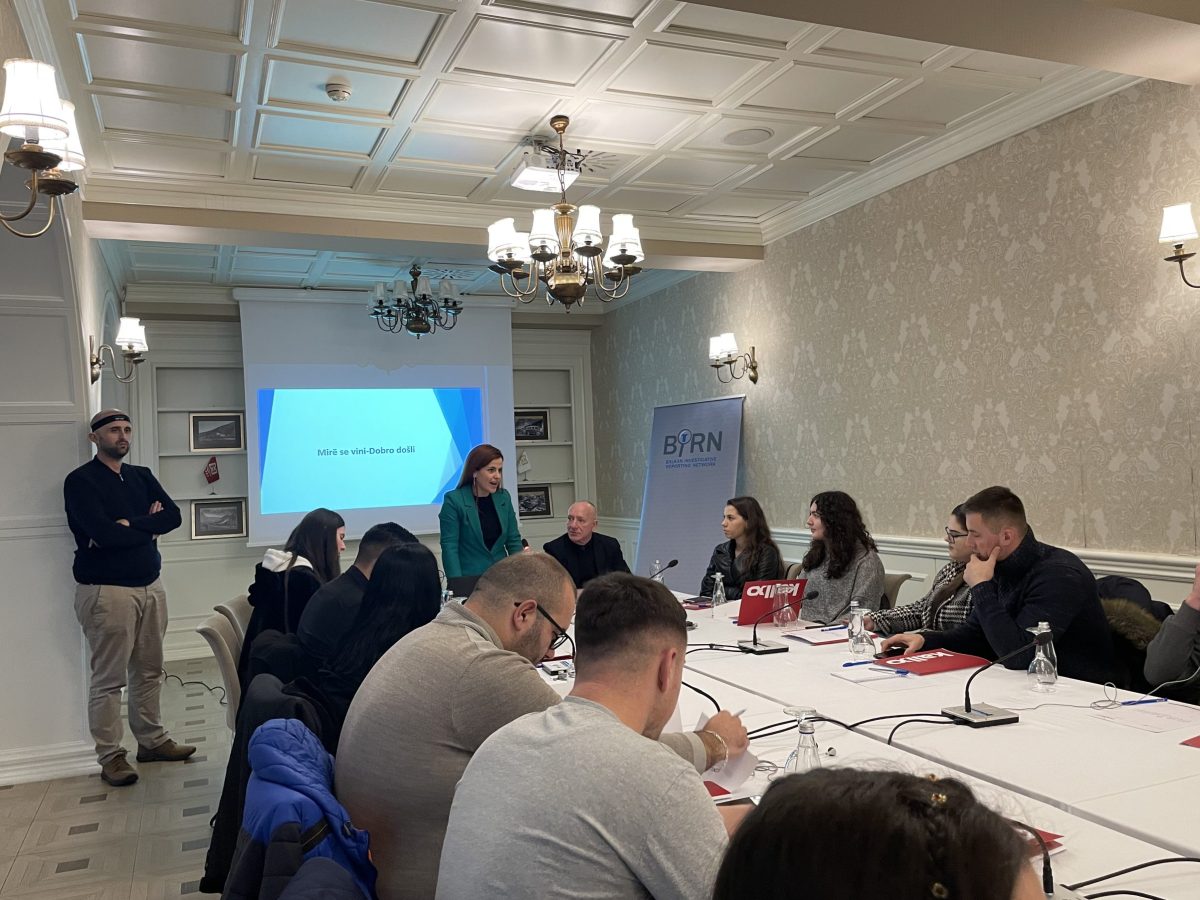BIRN held a four-day online training course in audience-engaged for 30 journalists from Balkan and Visegrad countries from December 5-8.
Thirty journalists from ten media outlets were given training in engagement journalism at the workshop held by Ariana Tobin, engagement editor of ProPublica, and BIRN’s experienced trainers and mentors Aleksandra Bogdani, Ana Petruseva, Gyula Csak and Katarina Zrinjski.
Participants were media outlets chosen to receive BIRN’s Audience Engaged Journalism Grants to create individual or collaborative cross-border engagement stories.
The media outlets selected for funding were Kujto Foundation (Albania), Atlatszo (Hungary), Live V Lice (North Macedonia), Suboticke (Serbia), Romea (Czech Republic), Kosovo 2.0 (Kosovo), Roditelji.me (Montenegro), UPS media (Bosnia and Herzegovina); whilst Oko Info (Serbia) and Kanal Vis (North Macedonia) received a grant to do a collaborative story.
Within the programme, the selected media outlets had an opportunity to participate in training and mentoring in order to bring innovation to their newsrooms, engage communities and develop investigative stories by using the B-engaged tool – a digital tool designed and developed by BIRN for the purpose of audience engagement.
The training course, which combined technical skills and editorial knowledge was the first step in the programme to help media outlets develop their engagement stories.
Tobin suggested some basic questions for journalists embarking on engagement stories: “Who is the community most impacted? Who are the stakeholders? How do we reach them? Who might be able to help us? What is the content plan? How might we keep them engaged and report back their progress?” she said.
With the guidance of the trainers, the participants learned how to create callouts to their audiences and read results using the B-engaged tool.
Audiences represent a valuable source of information for journalists and the B-engaged tool enables them to include the public in their reporting and crowdsource data for story investigations, the trainers explained.
The trainers said that audience research, the design and promotion of callouts for involvement, the verification of data and the creation of engaging final products are other important steps to consider in engagement journalism.
Engagement journalism is about building trust and two-way communication between the journalist and the communities, they said.
“Be compassionate to people you are approaching and continue doing some quality journalism,” Tobin concluded.
Audience Engaged Journalism Grants are part of the Media Innovation Europe (MIE) project, funded by the European Commission. The programme is run by the International Press Institute, the Thomson Foundation, the Media Development Foundation and BIRN and is intended to empower media outlets as they navigate the digital transition, giving them journalistic tools and skills in diverse products and business structures in order to reach audiences and bring sustainability.
Co-funded by the European Union. Views and opinions expressed are however those of the author(s) only and do not necessarily reflect those of the European Union or European Commision. Neither the European Union nor the granting authority can be held responsible for them.










